The financial market is managed by currencies. And so it goes on for many years. But this is only because fiat currencies are the best means of payment. In fact, until the end of the 2000s, we did not have a competitive alternative, but now it has appeared, and this has shaken the centralized economy to the ground.
Switching to non-cash payment can not only cause some discomfort but also pose a real threat. Of course, we are less likely to use cash, but we are still reassured by the fact that we can withdraw cash from an ATM to buy what we need. But cashless money, although more convenient and safer to use, limits our freedom: it completely eliminates anonymity, and the Bank can block funds at any time and, thus, hinder the achievement of the goal. To sum up: we have gained speed and convenience, but we have to pay a high price for it – privacy.
The transition from paper money to cashless was accelerated by the spread of the COVID-19 virus. Money has become a potential means of transmitting the virus from person to person. More and more, the world is moving to remote interaction, in which cashless money plays a crucial role. But how long will it last?
Cryptocurrencies – the future of money
In support of this thesis, there are many arguments, many of which were presented by famous personalities. Twitter founder Jack Dorsey believes that the Internet needs its own digital currency. At the Oslo Freedom Forum 2020 online conference, he said:
“Blockchain and Bitcoin will define the future – a world where content exists forever. The whole point of Bitcoin is to create a trusted system in an untrusted environment, which is the Internet.”
For the first time, the CEO of Twitter announced his plans to create his own digital standard for a decentralized economy back in 2019. The team from Blue Sky has already started implementing a blockchain platform with an open protocol for the Twitter social network. Also, according to Dorsey, the best implementation of the digital currency is Bitcoin. Dorsey also noted that a large social network has enough resources to promote this concept to the masses and make it accessible to people.
Alex Gladstein, chief strategist at the Human Rights Foundation, shares a similar view. He believes that Bitcoin will become the most important alternative in the future of global finance.
Why currencies are not the future of the digital world
Although fiat money still reigns in the financial world, it has no place in the future of cashless payments. Paper money was digitized and made more modern, but its basis remained the same. Fiat is an outdated financial instrument, the disadvantages of which we have been feeling for several hundred years. What are the main disadvantages of fiat money and why does it belong on the back of history? Let’s look a bit closer at the question.
Currencies are strongly linked to the economy
Fiat money depends on the economic performance of a particular country or group of countries. External economic and political countries play an equally important role. When one country’s economy collapses, it becomes more vulnerable economically and dependent on states with stable economies. When the local currency collapses, imports become too expensive, which only worsens the crisis. Here we can only draw one conclusion: fiat is unstable to economic crises.
The only way to make a currency stable is to make it international, that is, universal, not tied to the economy of a particular country. But how can states agree on who can issue cryptocurrencies and how much? If the number of digital currencies is made finite, like Bitcoin, then the exchange rate will not be stable: there will be a deficit that cannot be compensated in any way.
However, it is not necessary to limit the issue of digital currencies. There are other ways to go. There are at least two possible ways to implement this:
- With the help of a DAO – a Decentralized Autonomous organization. This will allow states to jointly decide when and how much of a new cryptocurrency to issue. Each country will have an equal influence on the blockchain process, and consensus will be achieved in a decentralized way by voting participants. However, this approach will ignore the interests of the individual country.
- The second option is not to limit the issue, but to make a PoS mechanism that will provide a natural annual increase in the currency. Moreover, the percentage of growth would be controlled by an algorithm and could be regulated by the same DAO.
Blockchain accelerates the economy and makes it more accessible
Even central banks and governments have begun to realize the value of blockchain and cryptocurrencies. This is the first step on the way to utopian conservatism to real progress. They realized that blockchain technology is the foundation of the new digital economy, which will make financial transactions more efficient. The process has been launched, and many institutions that previously disavowed cryptocurrencies have joined it. For example, the famous fast food restaurant Burger King has already started accepting payments in Bitcoin.
New rules and a futuristic economy can not only shake the landscape on which the current financial world was built, but also completely destroy it. Major crypto exchanges conducted surveys and found out that buying cryptocurrencies is becoming mainstream, and this will remain forever. Now we are sure that cryptocurrencies are not a temporary bubble, but a promising technology of the future that is already available to us.
And right now you can become a part of this world: Bitcoin (BTC) purchase is available to everyone. This can be easily done with the help of cryptocurrency exchanges.
Conclusion
Technology does not stand idle. The time is not far off when you can easily buy Bitcoin online with ApplePay or GooglePay in a couple of clicks. The time of doubts and prohibitions has passed, and the reality has changed over the past five years. We are on the threshold of a new digital world where digital currencies and blockchain will rule, not cashless money.




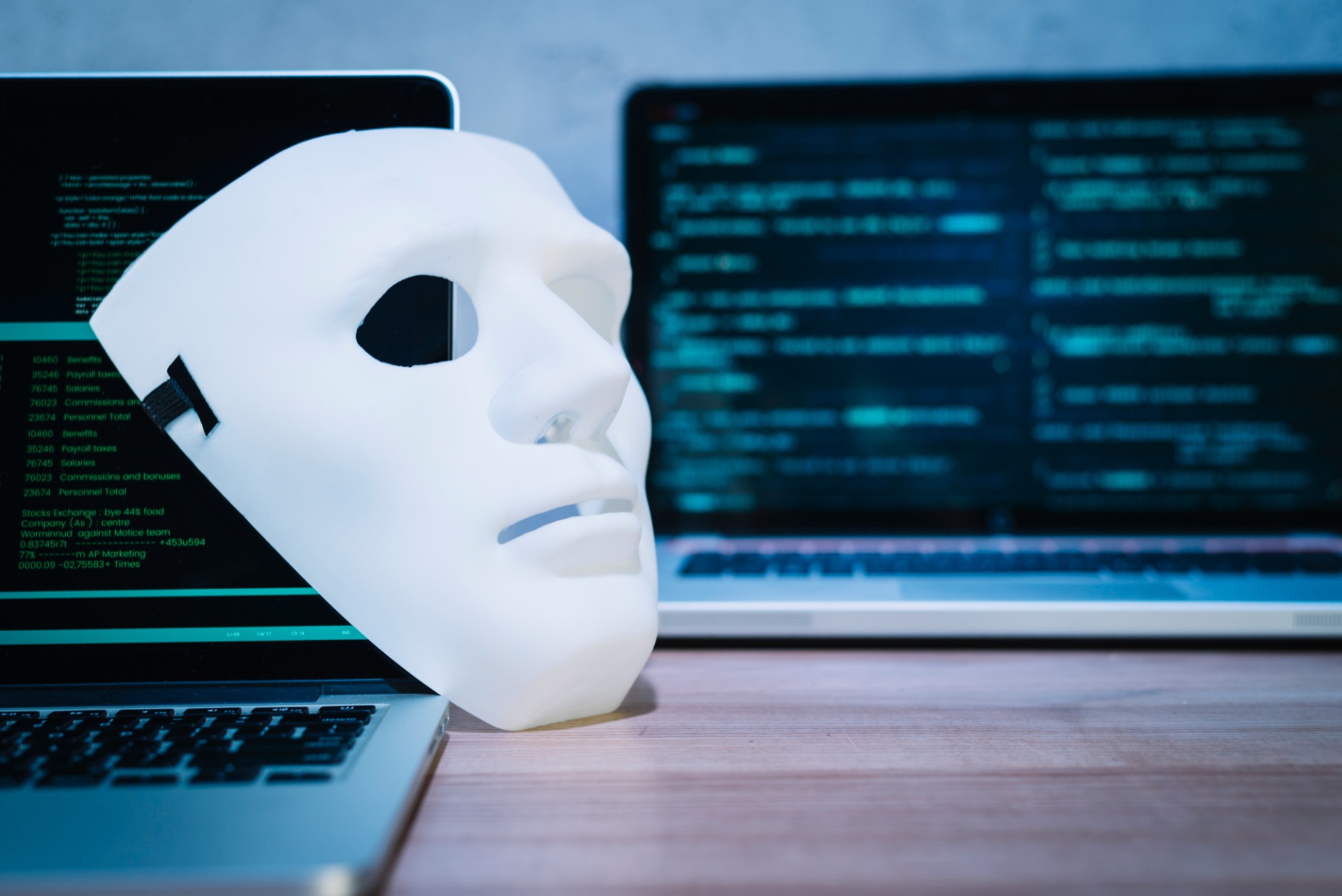


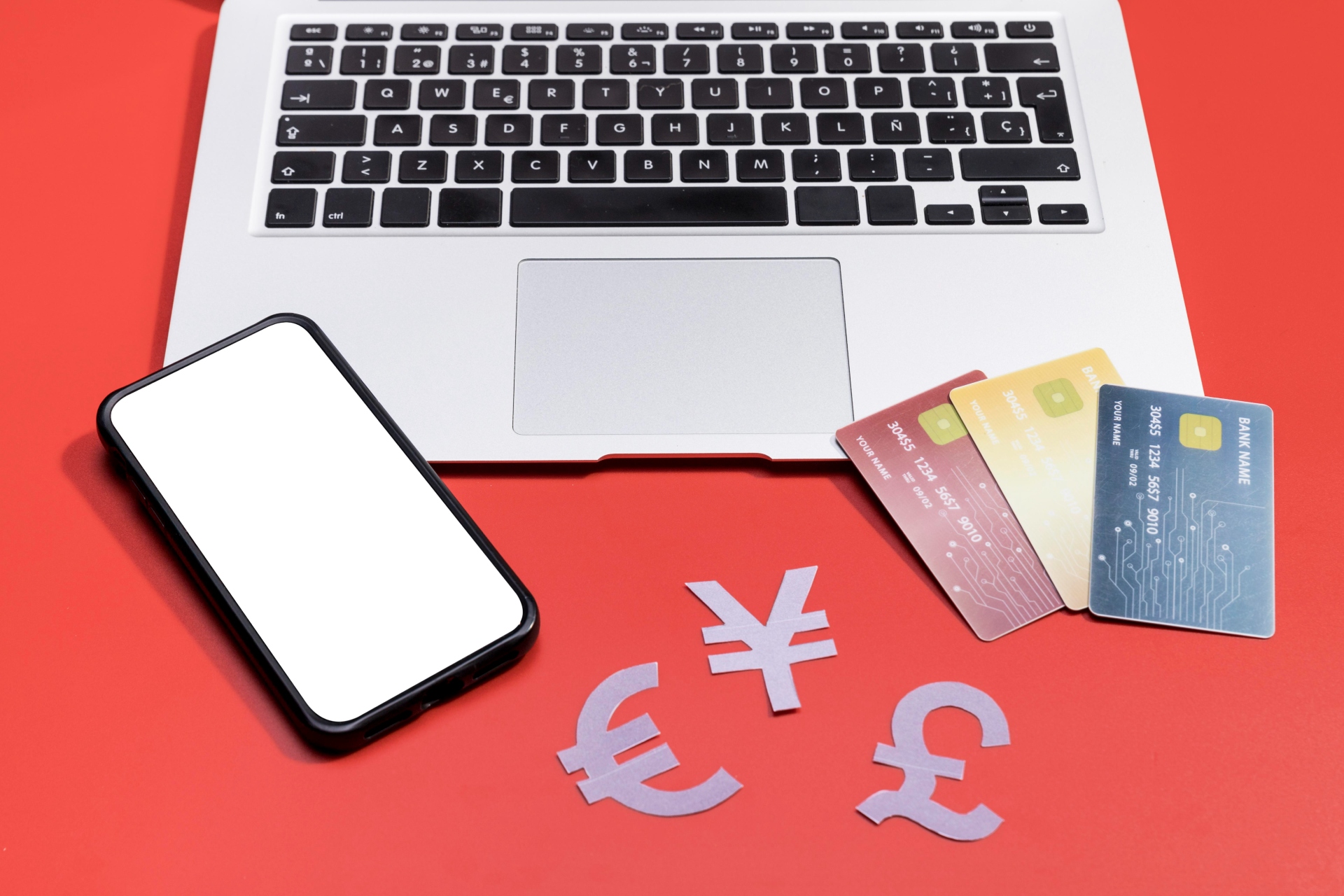






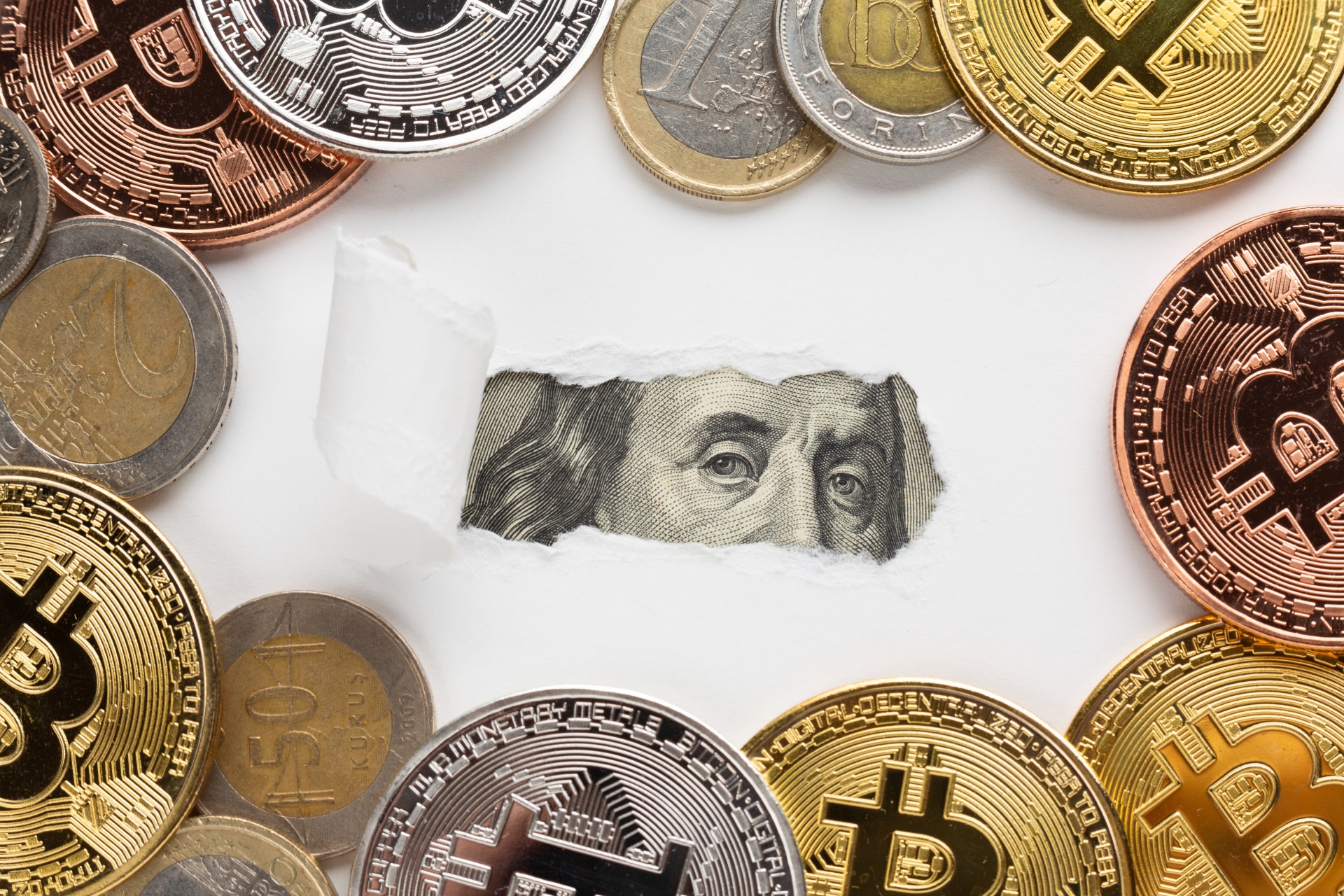

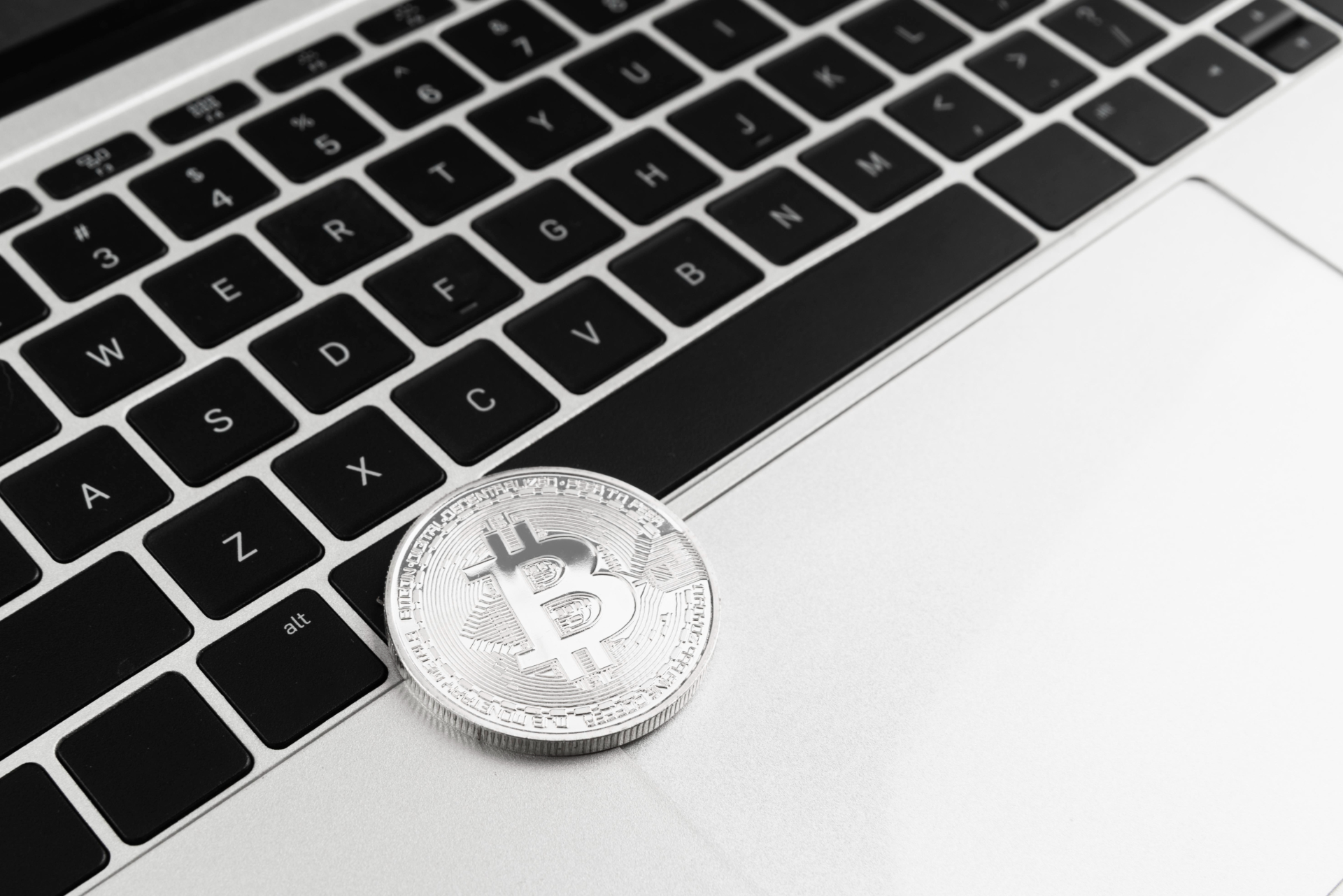
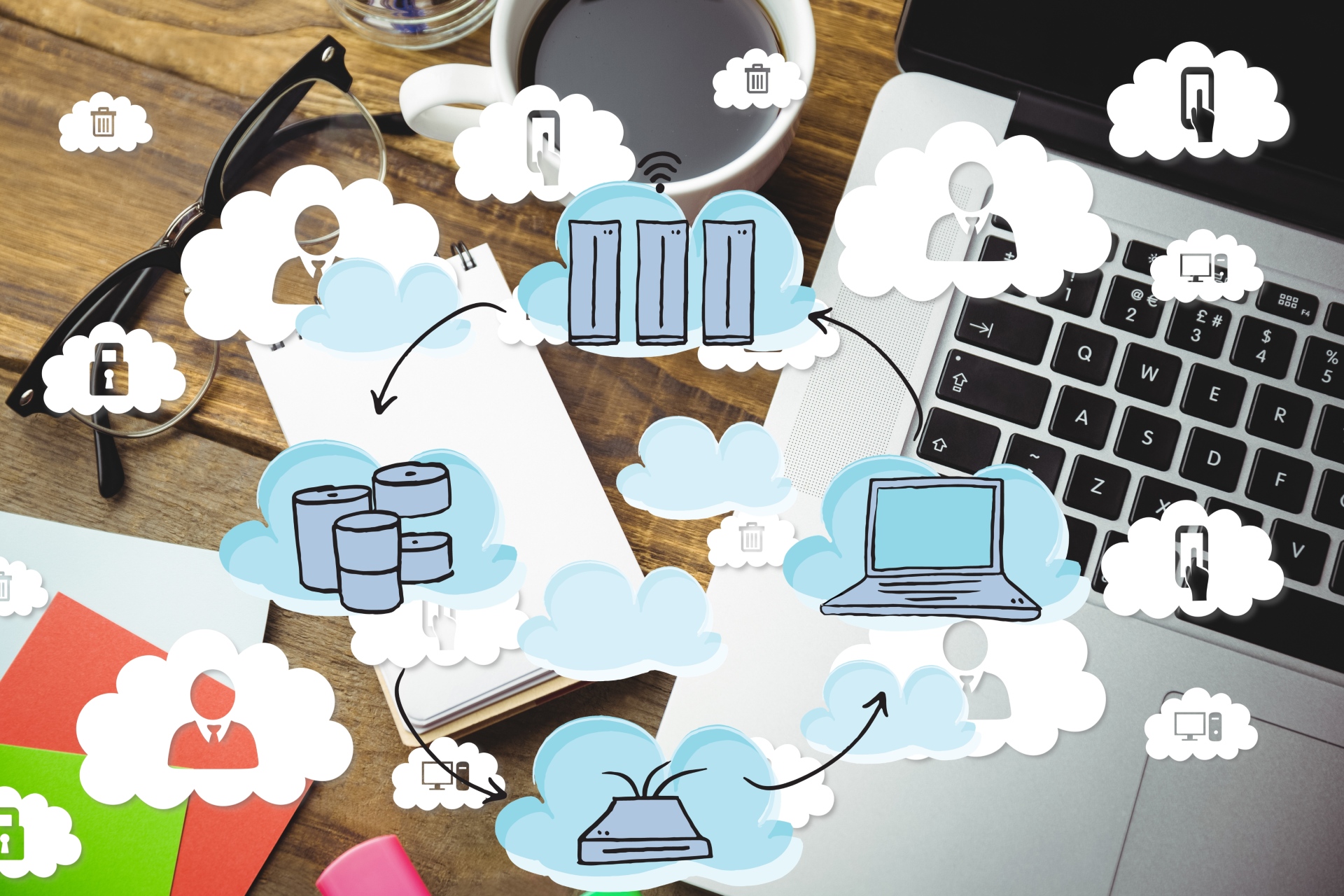







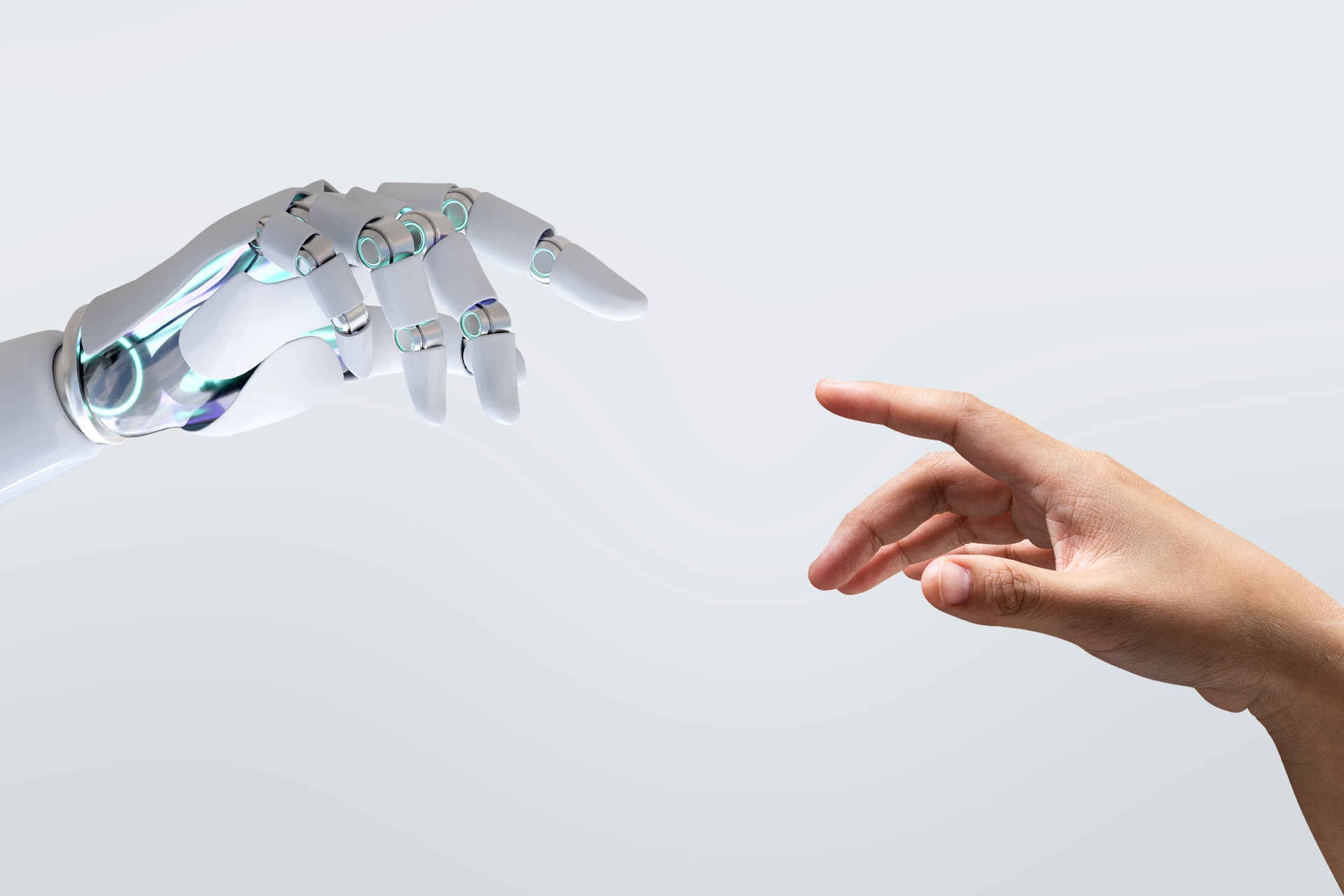






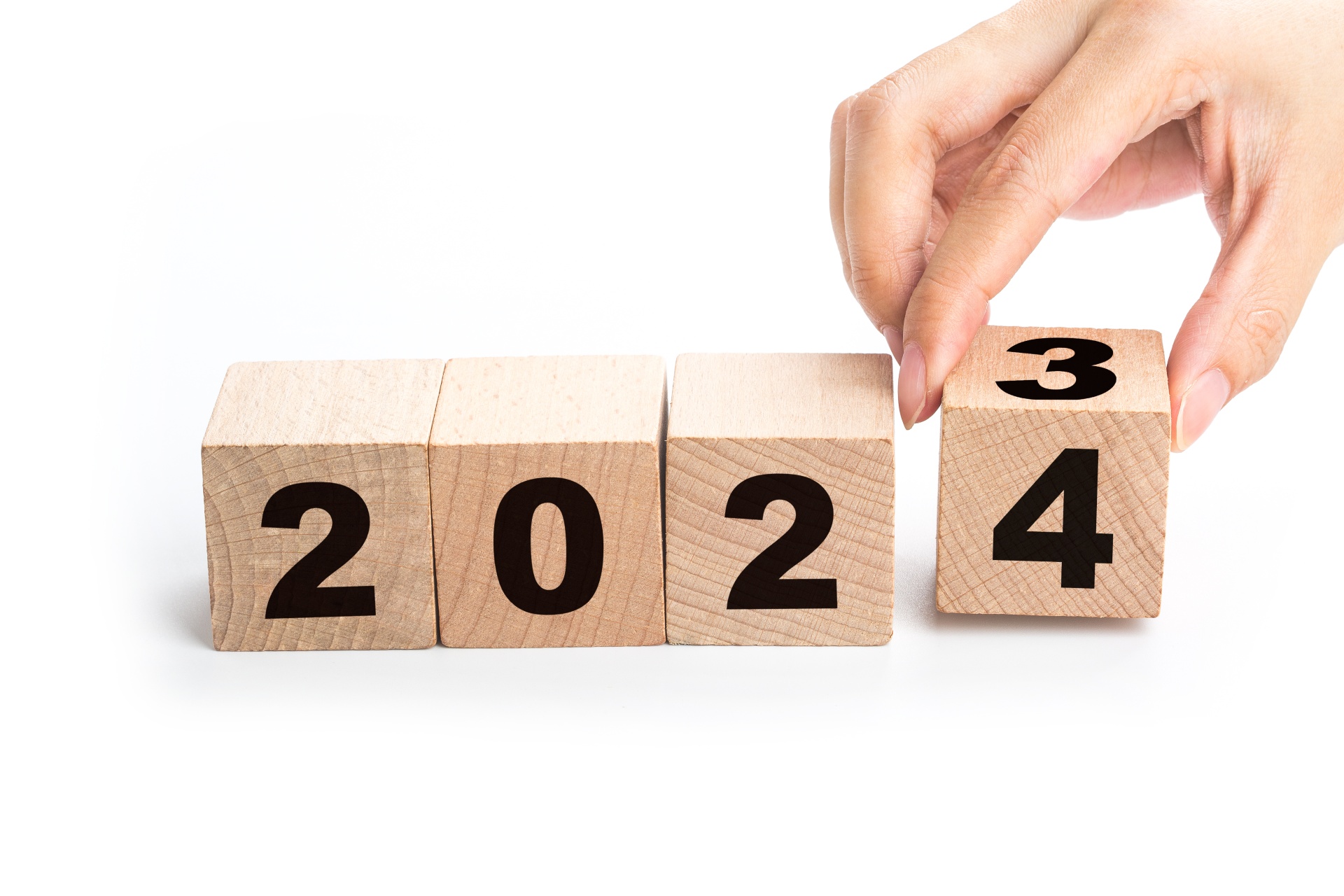




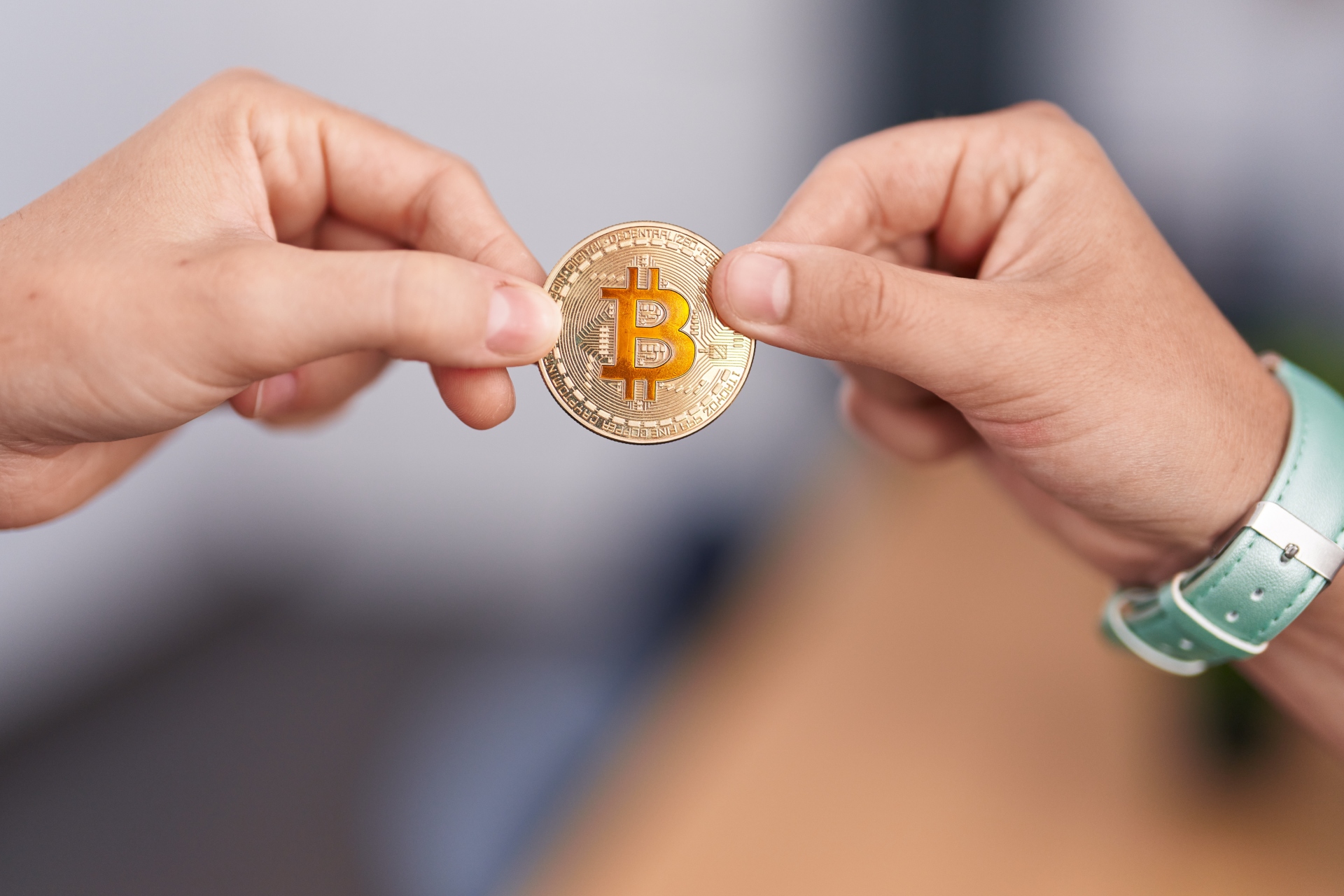

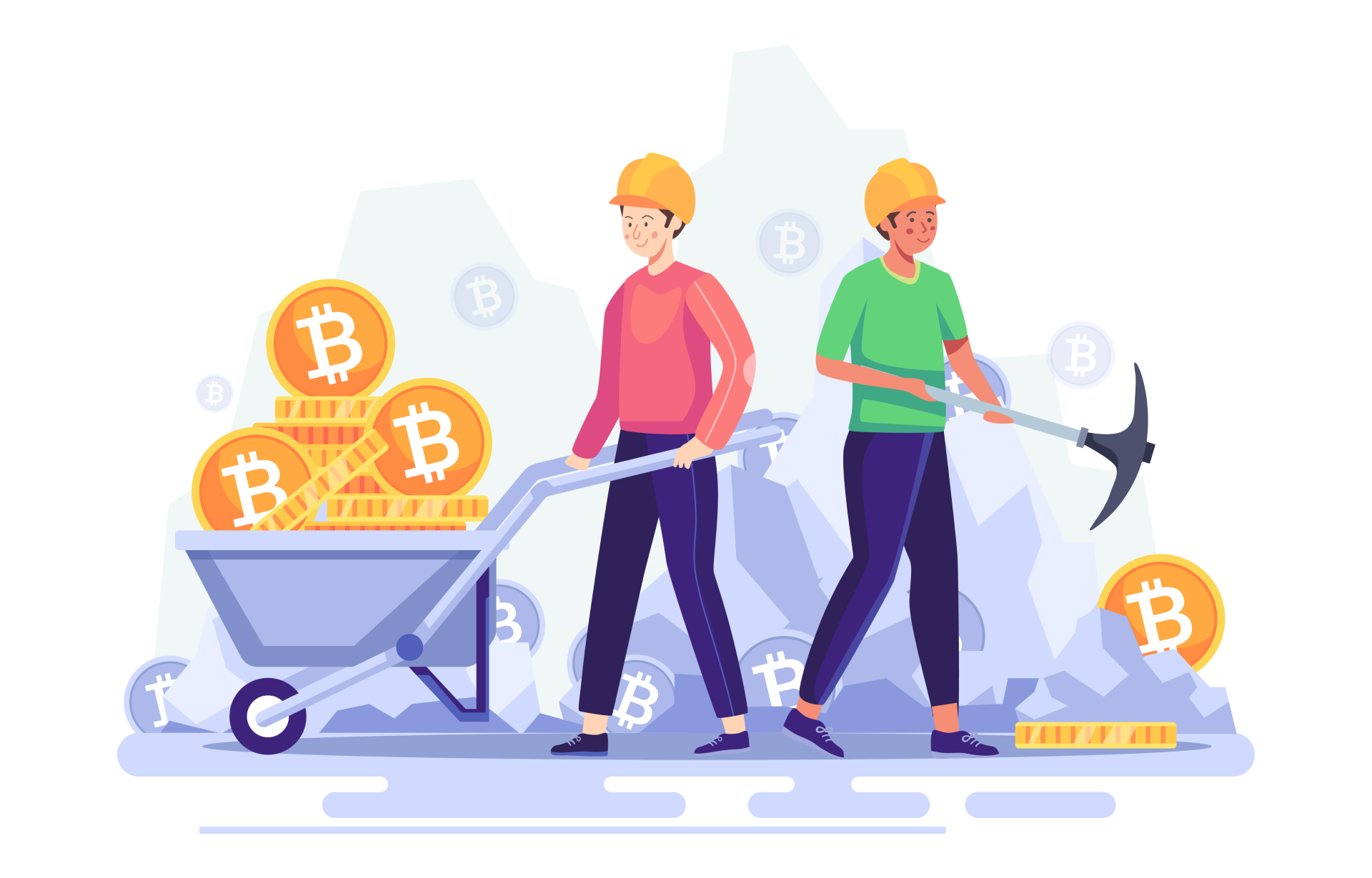
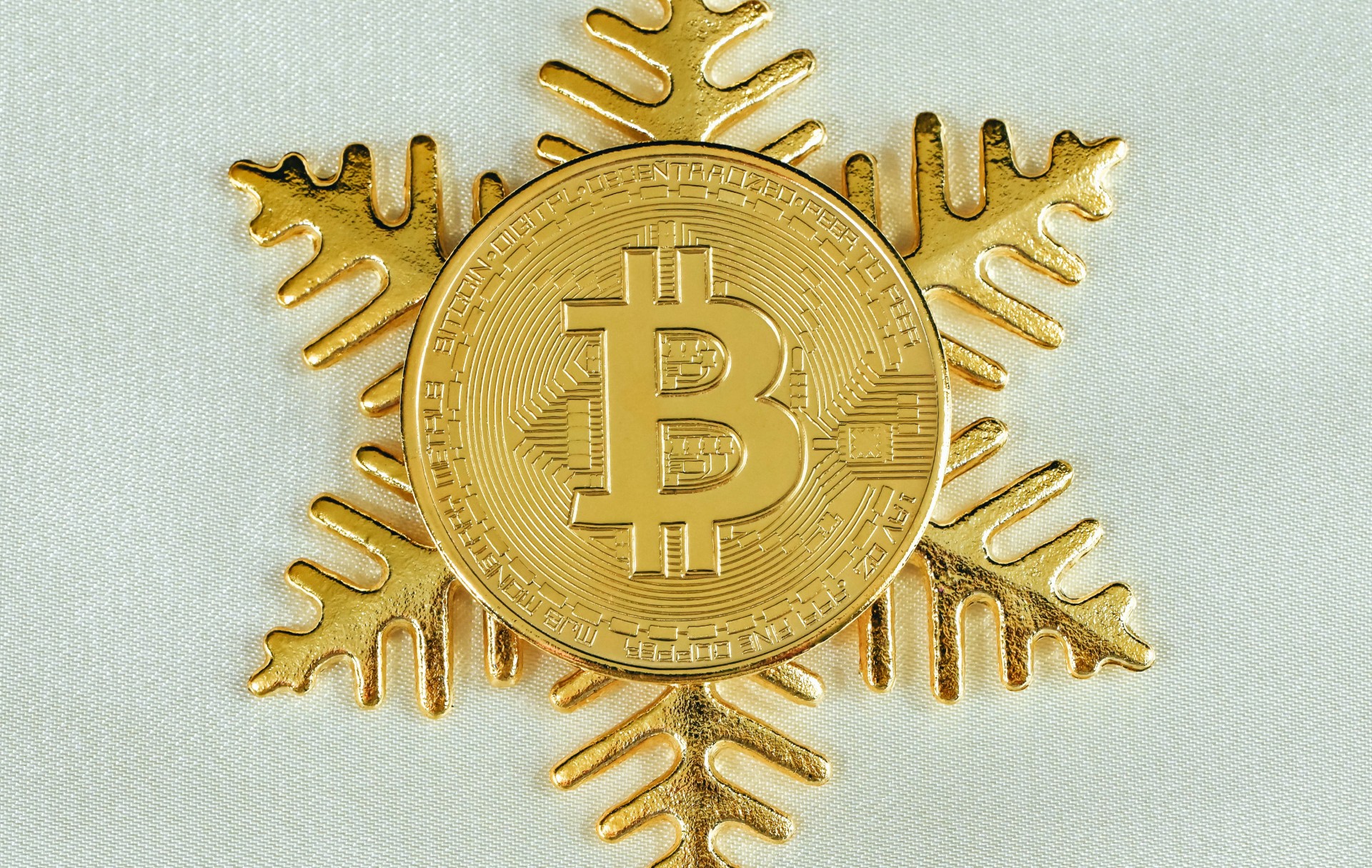

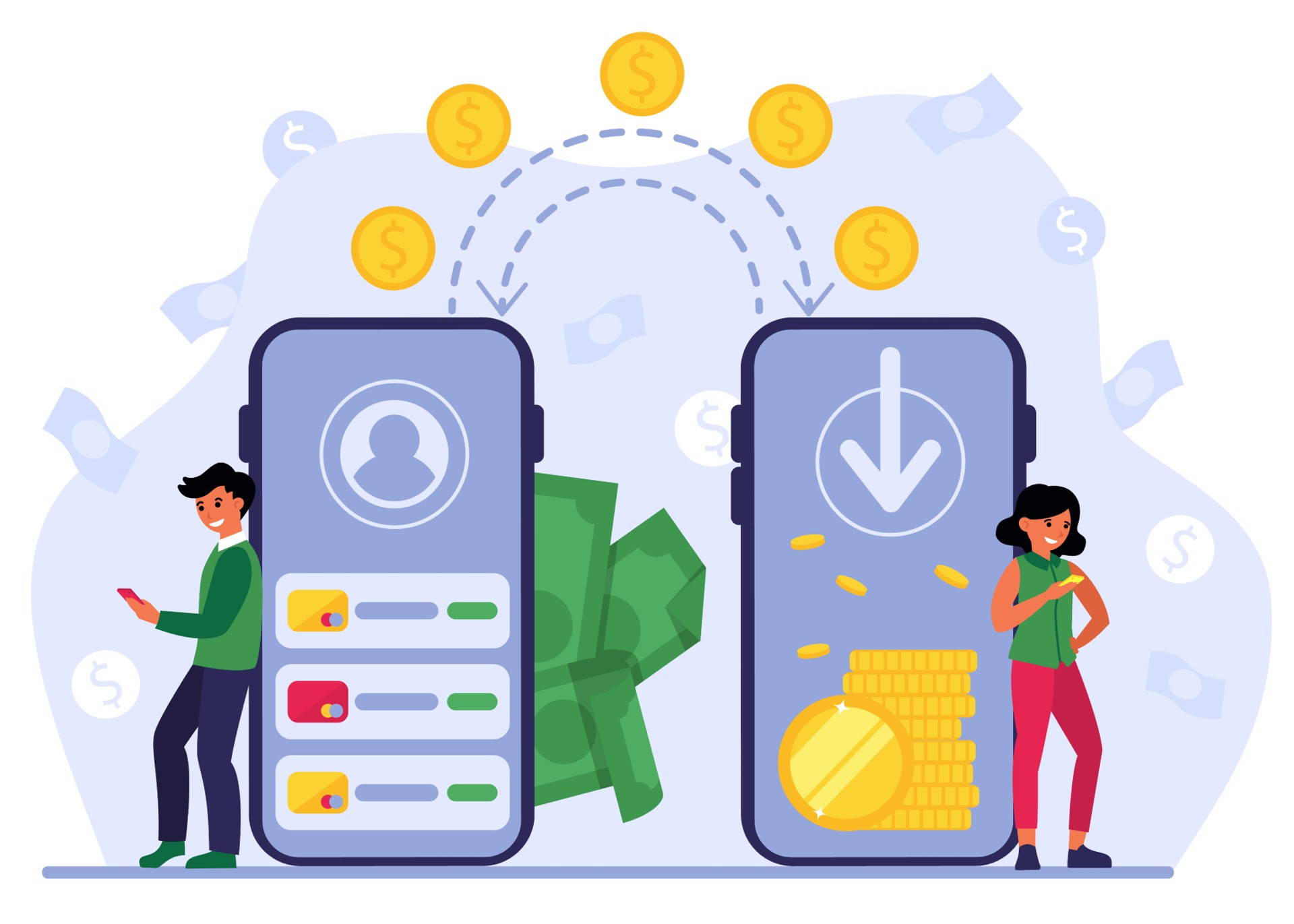
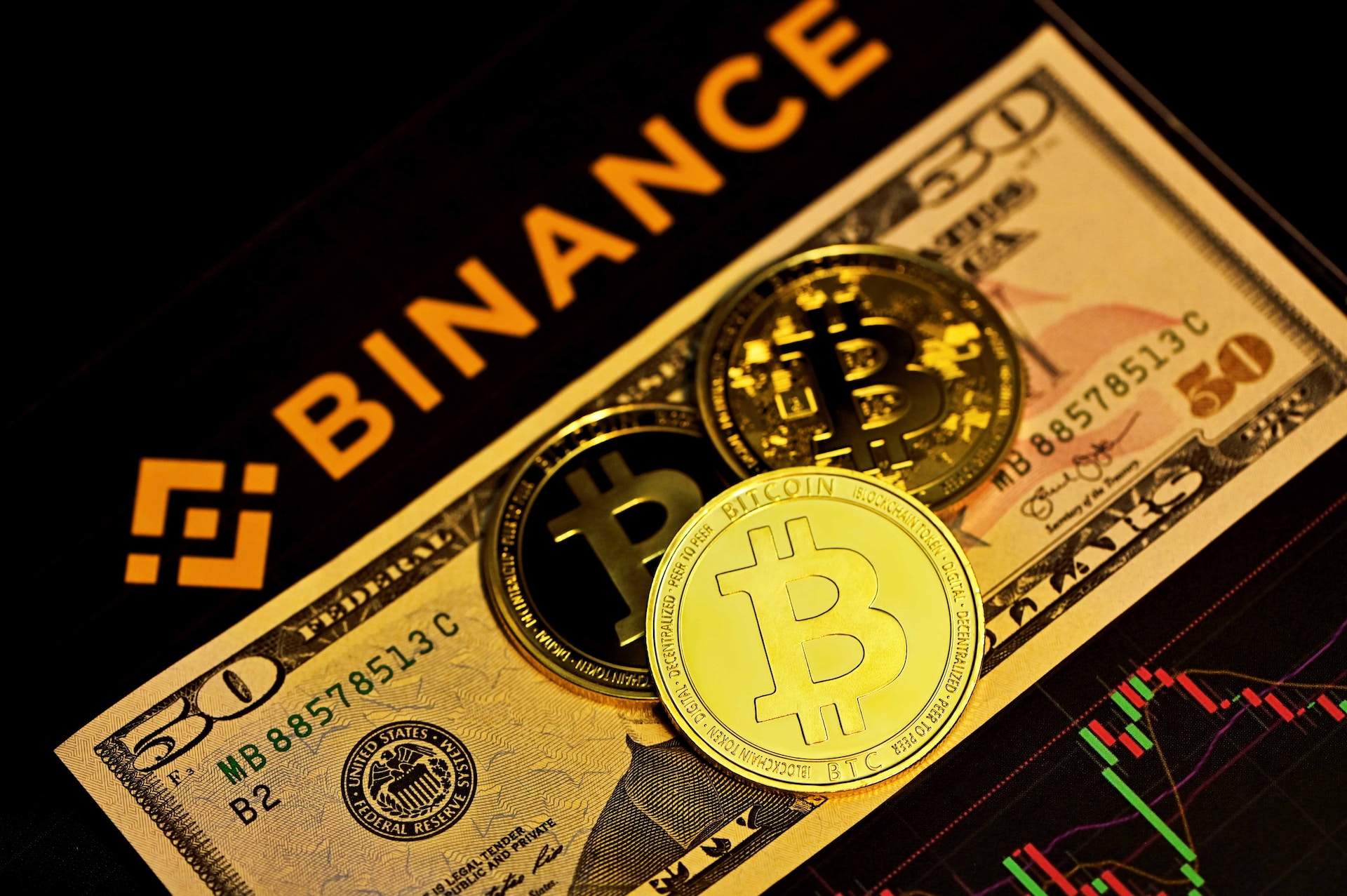
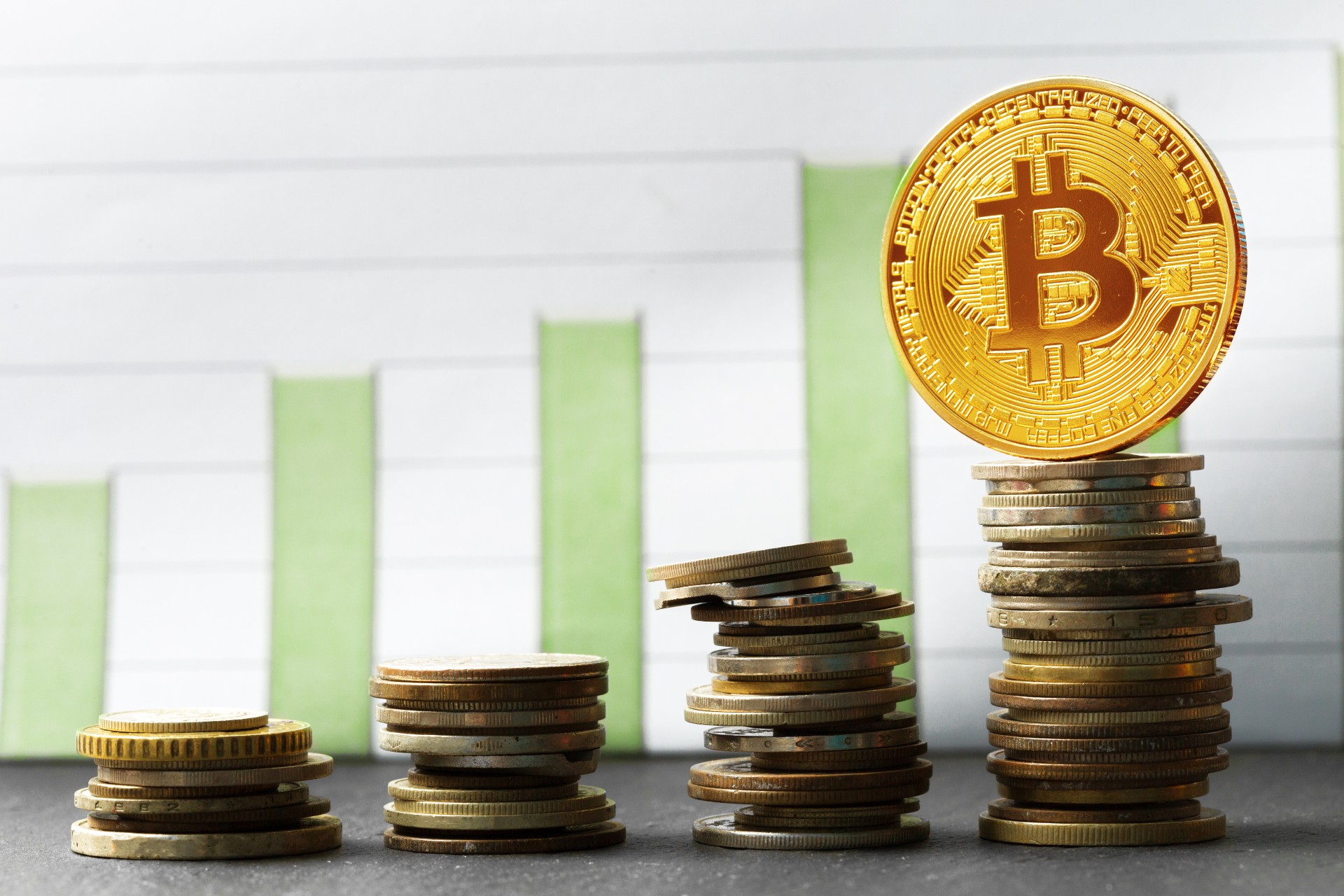

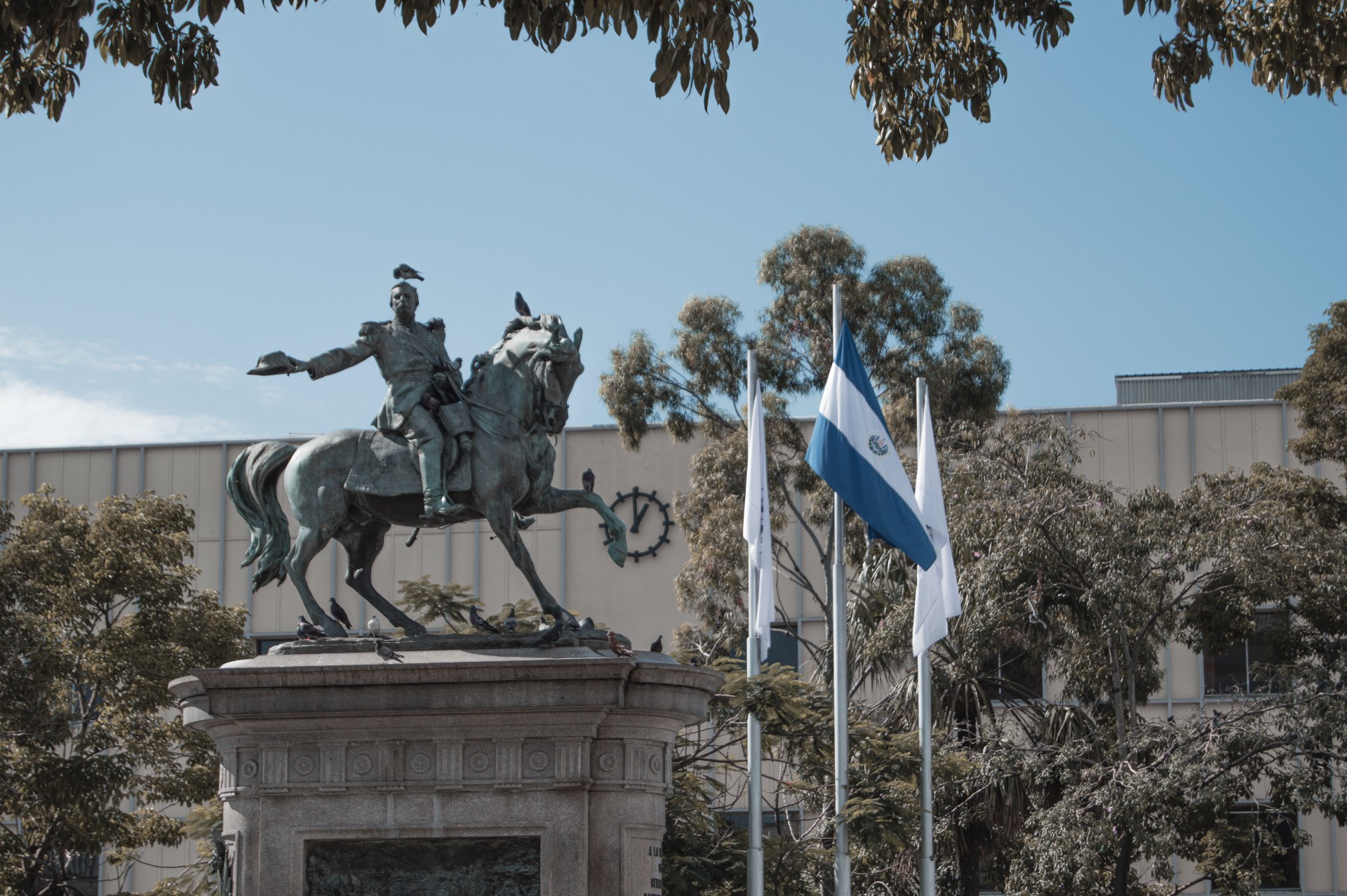
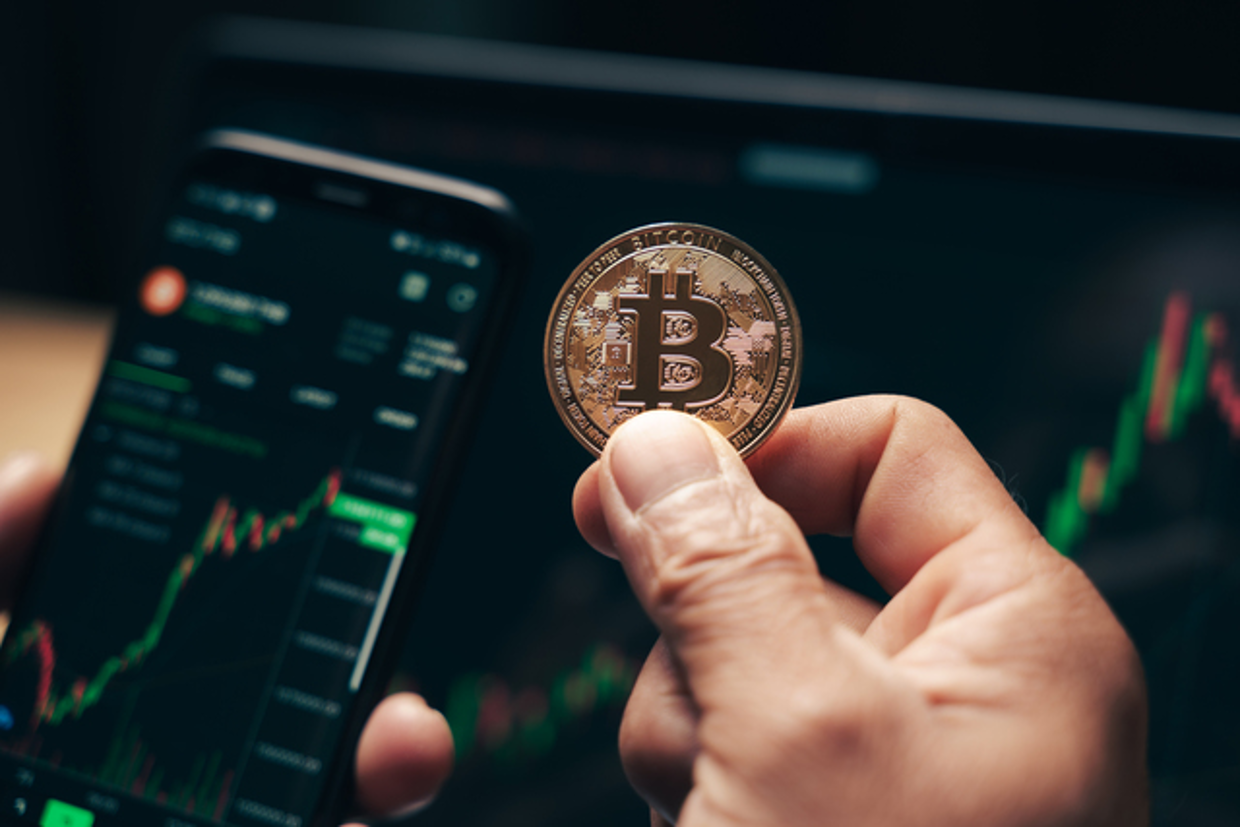






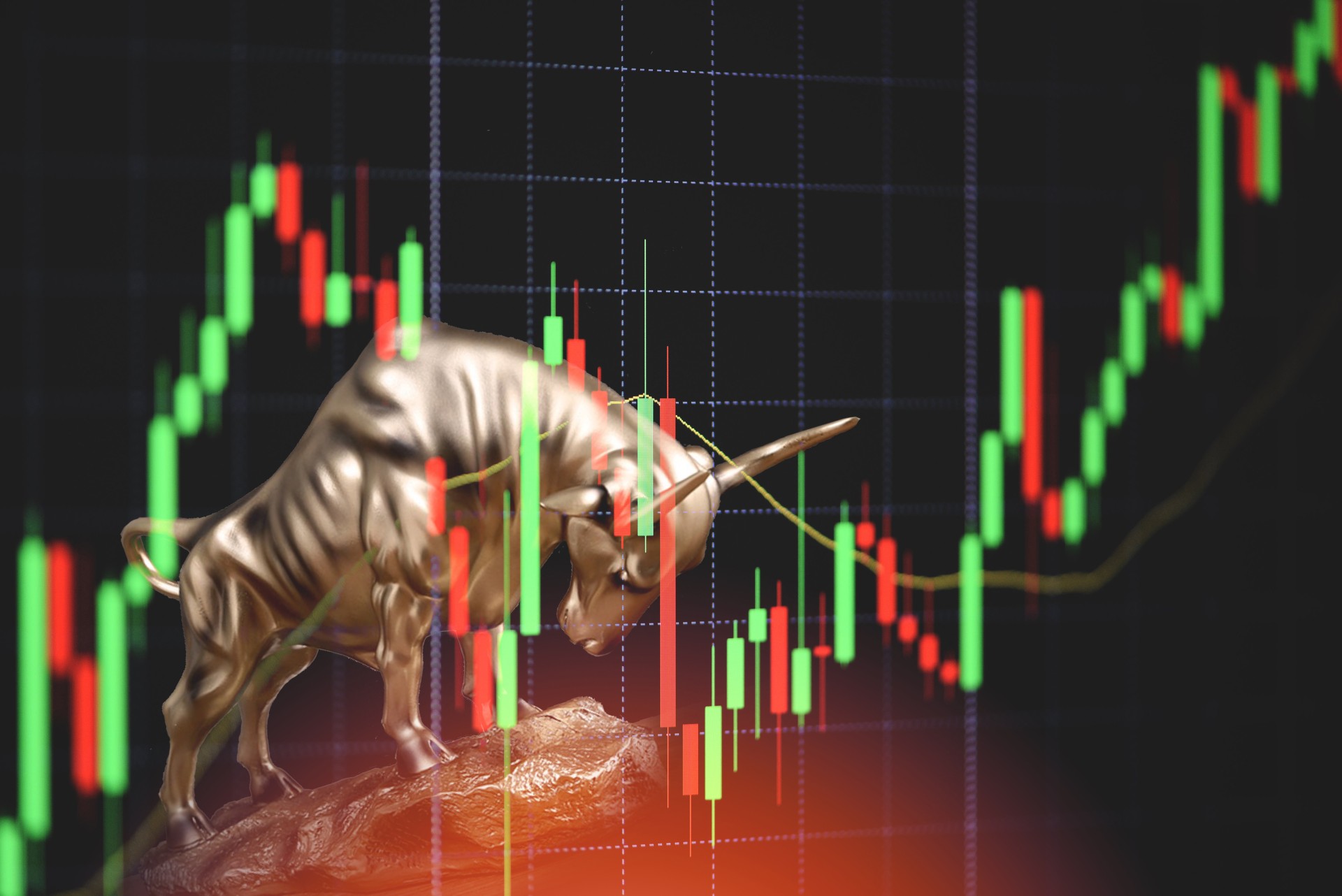


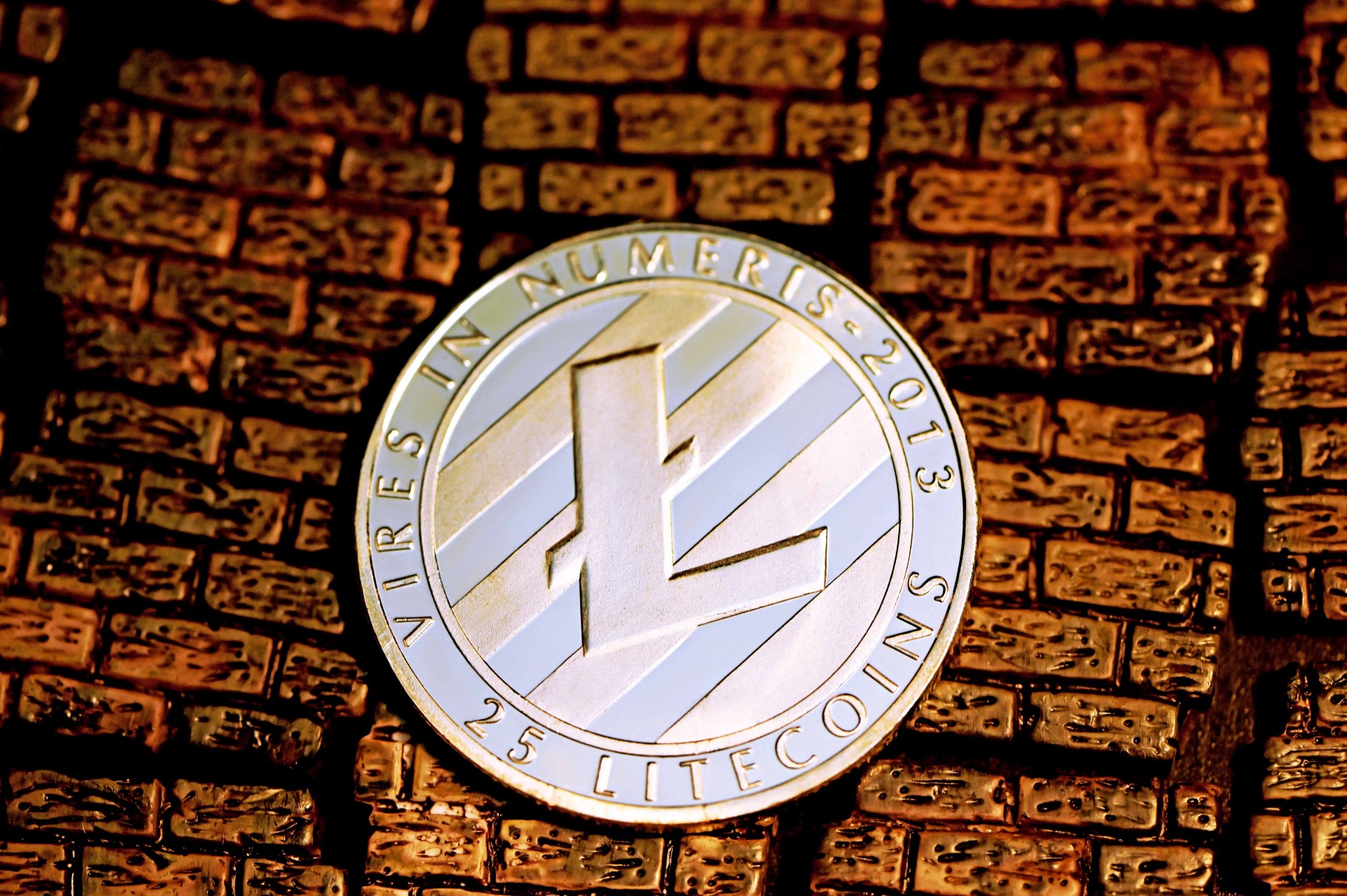
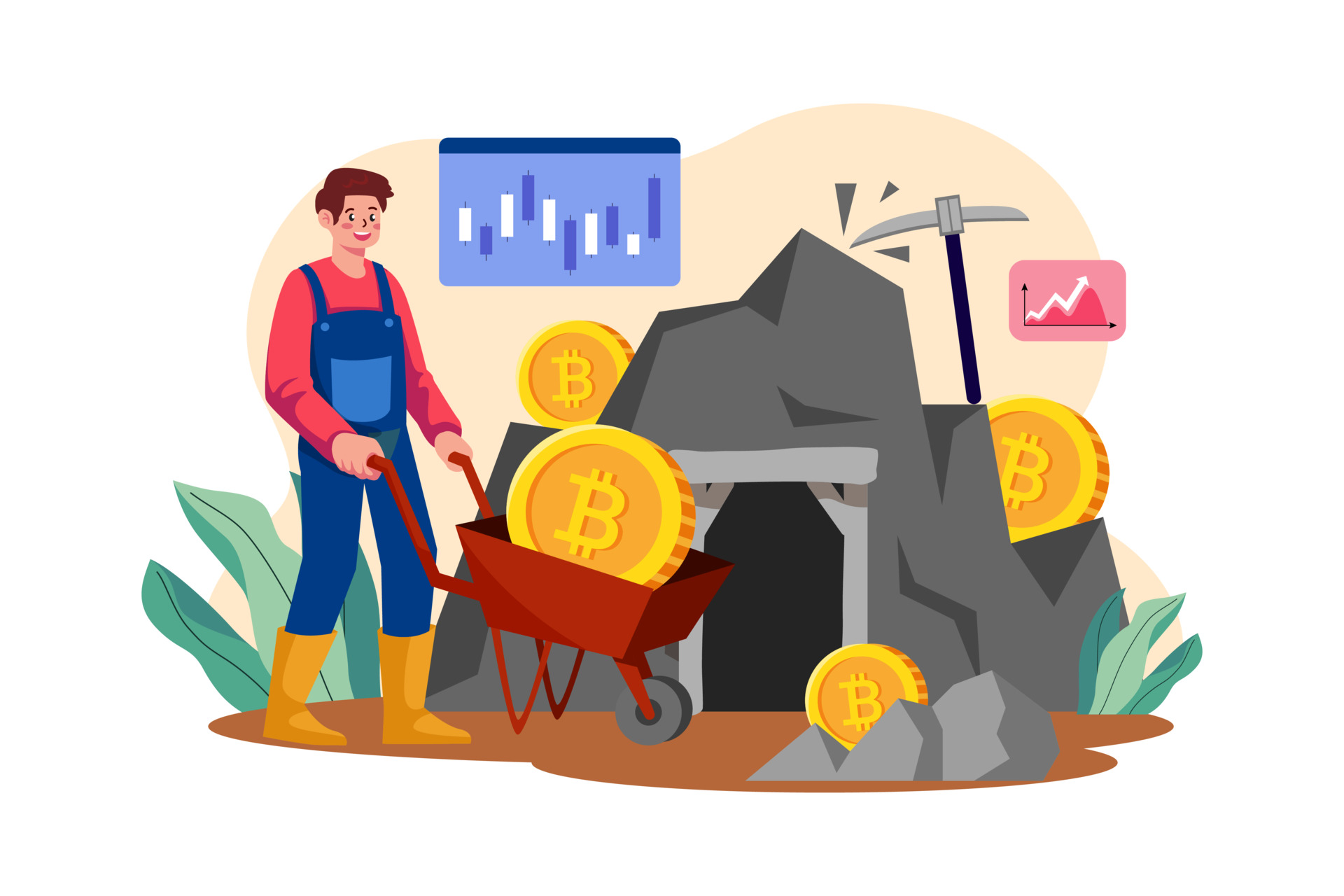

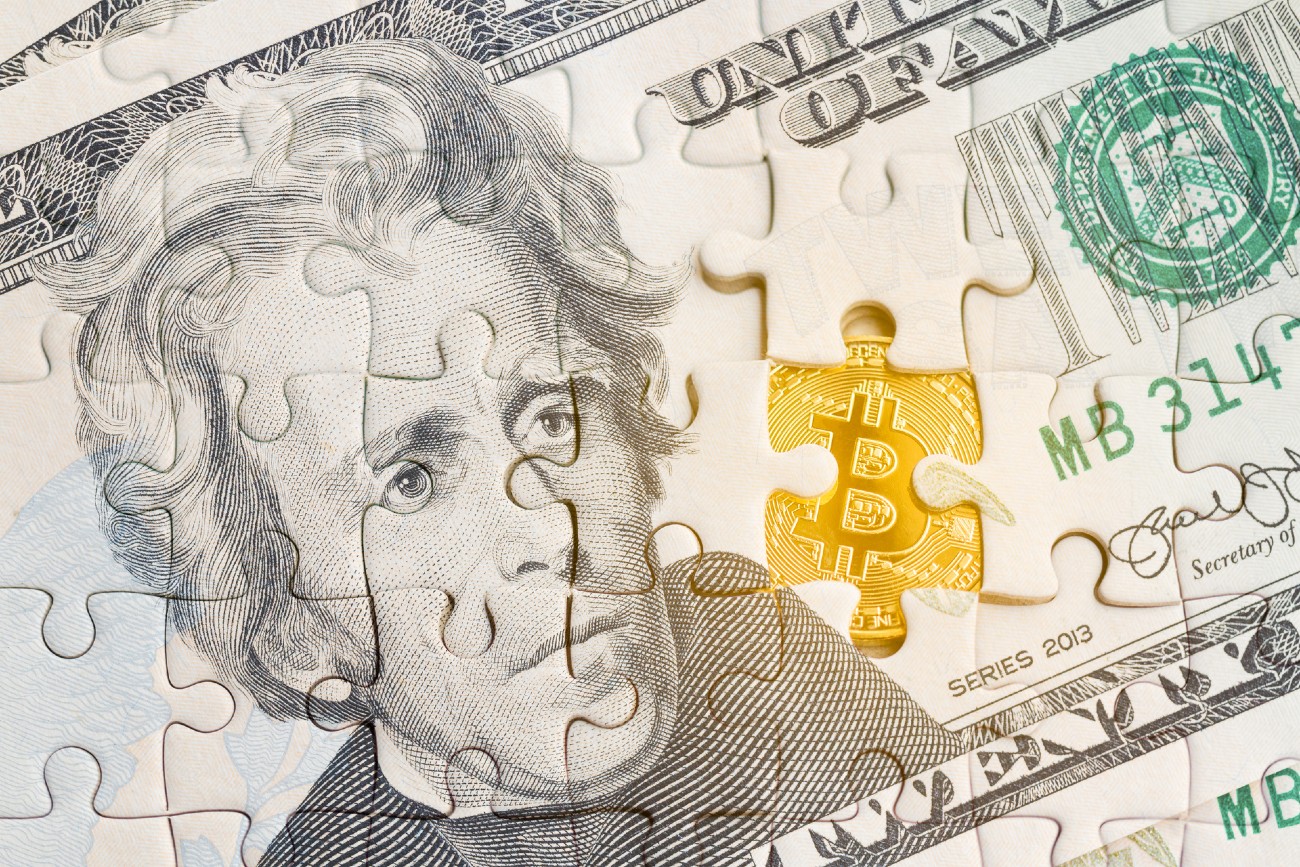
8 comment(s)
3
3
3
3
3
3
3
3
3
3
3
3
3
3
3
3